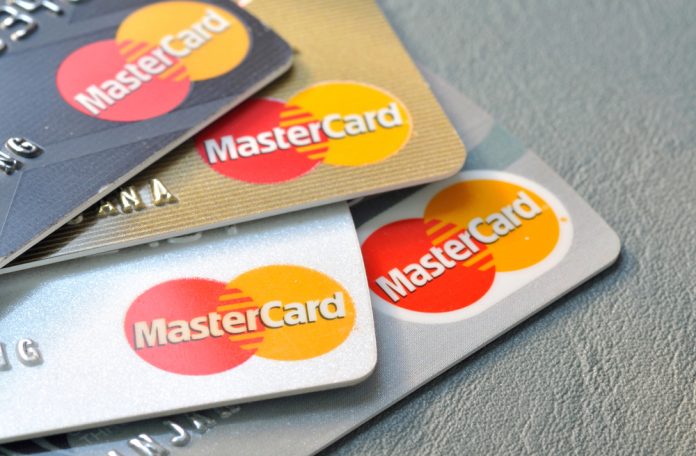As an increasing number of consumers seek to become more mindful of their impact on the environment, Mastercard has taken the step to form a new badge to identify cards made more sustainably.
The badge will credit cards that are made from recyclable, recycled, bio-sourced, chlorine-free, degradable or ocean plastic.
It comes as a recent study from Mastercard revealed that 58% of consumers are more mindful of their impact on the environment, whilst 85% are willing to take personal action this year.
“People want brands to behave in more sustainable and eco-friendly ways. But, making it happen across extended supply chains with multiple partners can be trickier than setting a goal,” commented Ajay Bhalla, president of Cyber & Intelligence, Mastercard.
“With this sustainable badge, certification and recycling program, we have a real chance to address each of these issues and bring trust to sustainable choice as we collectively move towards a more circular economy.”
The Mastercard Sustainable Materials Directory, established last year, aims to help issuers offer more eco-friendly cards to consumers and increase their consciousness when it comes to their global footprint.
Producing cards made from more sustainable materials is an important step. To extend the impact of these efforts, Mastercard and Giesecke+Devrient (G+D) have developed a new program that helps people easily recycle their cards.
“Our vision for our sustainability offering goes beyond the production of an eco-card,” added Mikko Kähkönen, responsible for the smart cards portfolio at G+D. “Our purpose is to offer our bank clients the services they need to implement their own sustainability strategy, and also to tackle industry challenges such as the recycling of payment cards.
“A fast-growing number of eco-conscious consumers are demanding from G+D, from banks and from industry leaders such as Mastercard that they collaborate towards such solutions to serve future generations and protect our environment.”




















